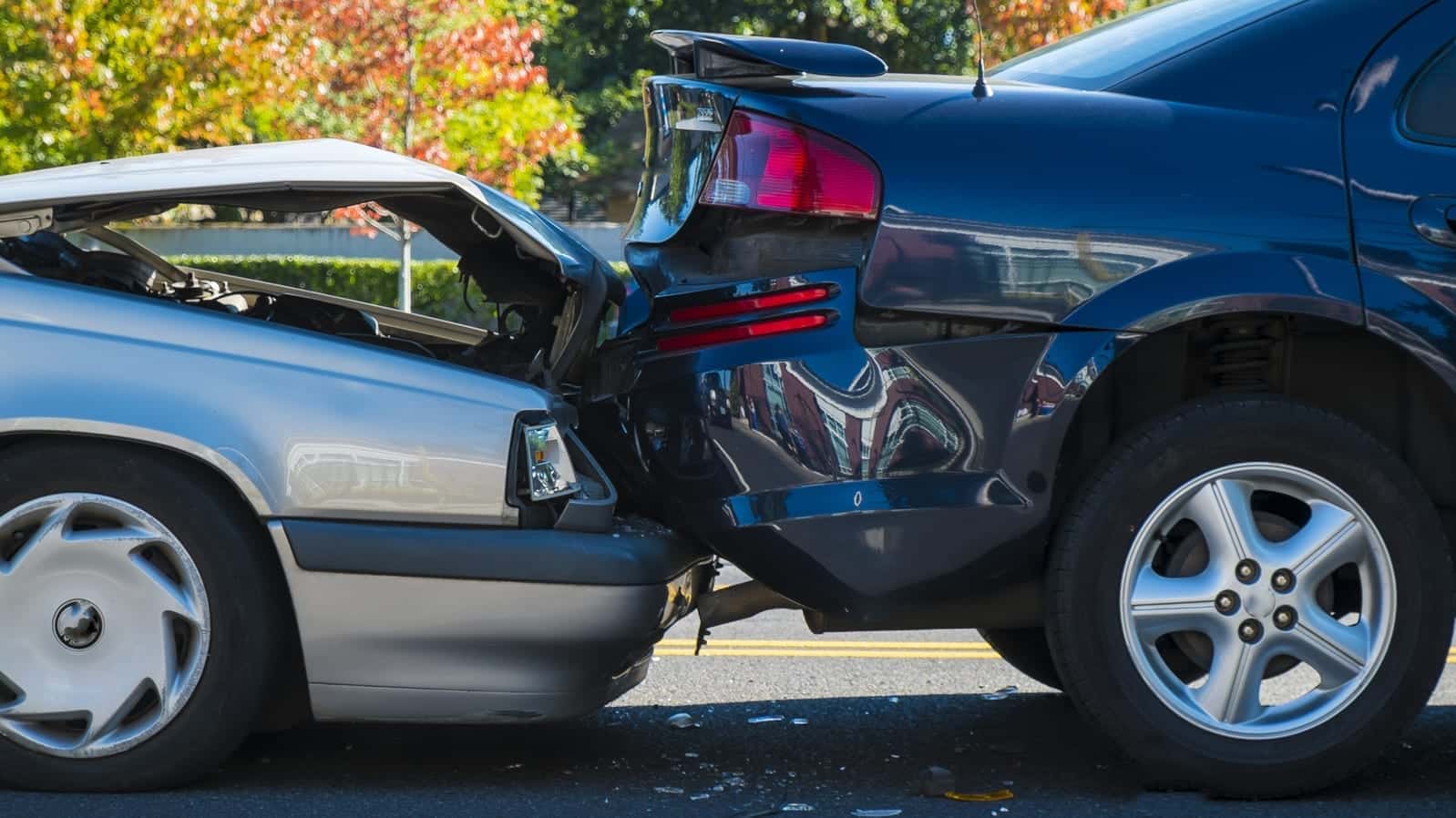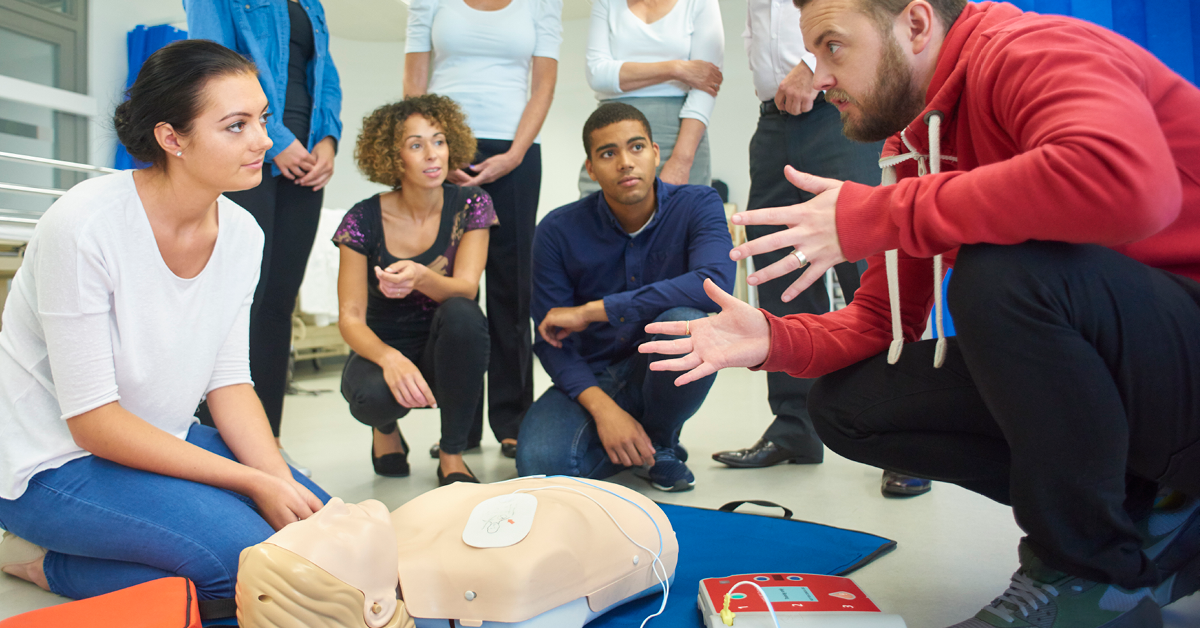Essential Evidence to Collect After Being Rear-Ended by a Company Vehicle

Strong 8k brings an ultra-HD IPTV experience to your living room and your pocket.
Accidents involving company cars can be complicated because both the driver and the company they work for are involved. If a work car hits you from behind, it's important to get the right proof to protect your rights and make sure you get the right amount of money for your injuries. Here's a list of the most important things to look for after an accident like this.
1. Document the Accident Scene
The first thing to do when involved in any car accident, including being rear-ended by a company vehicle, is to document the scene thoroughly. If possible, take photos and videos of the following:
• Vehicle Damage: Capture detailed images of the damage to both your car and the company vehicle. Focus on areas where the impact occurred, as this can help determine the severity of the crash.
• Traffic Conditions: Take pictures of the road, nearby signs, traffic lights, and the general traffic situation. This can show whether the conditions were favorable for the collision.
• Skid Marks and Debris: These might indicate the speed and movement of the vehicles before the collision, potentially helping to establish fault.
2. Obtain the Company Vehicle Information
Since you were rear-ended by a company vehicle, it's essential to gather detailed information about the vehicle and the driver. This includes:
• Vehicle Details: Make, model, license plate number, and the company name on the vehicle.
• Insurance Information: The company vehicle should have insurance that covers accidents. Collect the insurance details of the vehicle involved in the accident.
• Driver Information: Ask for the driver’s name, contact information, and driver's license details. It’s important to note if the driver was on duty at the time of the accident, as this can affect the company’s liability.
3. Witness Statements
If there are any witnesses to the accident, be sure to gather their contact information. Witness testimony can provide unbiased accounts of what happened, which can be crucial in proving liability.
• Get Their Details: Ask for their names, phone numbers, and addresses. If possible, have them write a brief statement of what they saw.
• Witness Observations: Witnesses can provide valuable insight into whether the company vehicle was speeding, following too closely, or driving erratically before the rear-end collision.
4. Medical Records and Treatment
If you were hurt in the crash, you need to see a doctor right away. Medical records not only show that you are healthy, but they also show what injuries you got in the crash. You can use these records to back up claims for medical bills and pain and suffering.
• Emergency Treatment: If you received immediate care at the scene or in an emergency room, document all treatments, diagnoses, and medications.
• Ongoing Medical Care: Keep track of follow-up visits, rehabilitation, and any long-term treatment related to the accident.
• Personal Injury Documentation: Include physical therapy notes, prescriptions, and any recommended treatments or surgeries.
5. Police Report
In many cases, a police report is generated after a car accident, especially if there’s significant damage or injury. The report will detail the accident's facts, such as the location, time, and cause of the collision.
• Request the Report: If the police were called to the scene, request a copy of the report. This document will outline any citations issued and the police officer’s findings.
• Officer’s Findings: If the officer determines that the company vehicle’s driver was at fault, this can be powerful evidence in your case.
6. Log Your Expenses and Losses
After being rear-ended by a company vehicle, it’s important to track all expenses related to the accident. This includes:
• Medical Costs: Keep all receipts, invoices, and documentation related to medical treatment.
• Vehicle Repairs: Get detailed estimates and invoices for car repairs. If your car is a total loss, make sure to document the vehicle’s pre-accident value.
• Lost Wages: If you missed work due to injury, maintain a record of the days you missed and your lost wages.
7. Contact a Personal Injury Lawyer
Even though gathering proof on your own is very important, talking to a personal injury lawyer can make your case much stronger. A lawyer can help you put together your evidence, talk to the company's insurance company, and make sure your claim is treated properly. Also, they can help figure out if the company or its insurance company is responsible for the damage.
Conclusion
Being rear-ended by a company vehicle is a challenging situation that requires careful documentation and timely action. Collecting essential evidence such as vehicle details, witness statements, medical records, and the police report can greatly improve your chances of receiving fair compensation. Taking the time to gather this proof and talk to a lawyer will help protect your rights and make sure that the person who did this is held responsible for what they did.
Note: IndiBlogHub features both user-submitted and editorial content. We do not verify third-party contributions. Read our Disclaimer and Privacy Policyfor details.







